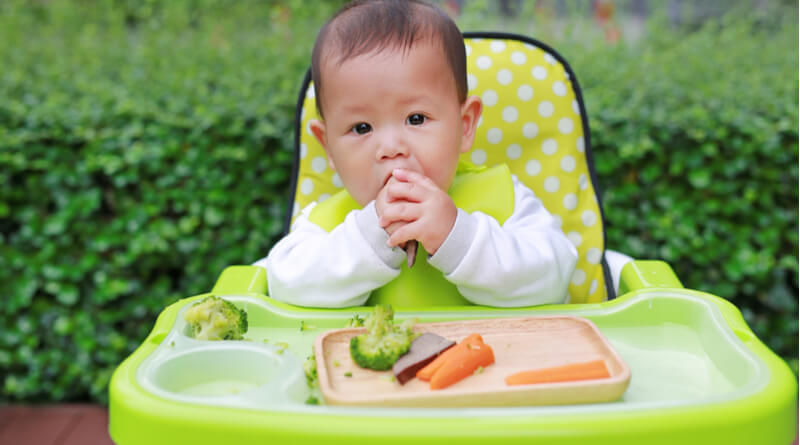Protein is an essential element in your child’s diet since it is important for the child’s growth and development. Babies, in fact, need more protein than older kids and adults. It is best to regularly consult with your doctor who will be the best judge when it comes to assessing your baby’s protein requirements.
Proteins for infants
- Infants need enough protein to grow else the lack of protein can result in poor development of the lungs and the heart.
- Newborn babies obtain all their protein requirements from breast milk.
- Toddlers need enough protein since they are already learning to walk. Furthermore, their brain cells are also developing speech and language skills.
- Toddlers often have specific food preferences and are picky eaters. We recommend choosing a variety of protein-rich foods and drinks such as milk, Greek yogurt, pasta (made with chickpeas or beans), and nut butter.
- The proteins present in food can also cause food allergies. Milk, for instance, has the protein casein which can cause allergies in certain children.
- Encourage your child to eat foods that pack in the requisite amount of protein. Milkshakes made using banana and avocados are great options. It is important to be fun and creative when it comes to encouraging your kid to eat.
- It is also a great idea to make food into interesting shapes. Use a cookie cutter to shape food into a form your little one will love.
- Dairy products are rich sources of protein. Cheese and milk are often common ingredients in kids’ favorite foods.
- Make some puree with beans which are great sources of fiber and protein. We recommend using fresh beans as the canned varieties have a high sodium content.
- It is important to ensure that your kid eats a healthy and balanced diet. Observe the home environment and ensure it’s peaceful with no distractions to divert their attention from eating when having food together. Cultivate healthy eating habits yourself since children learning by observing their parents.








